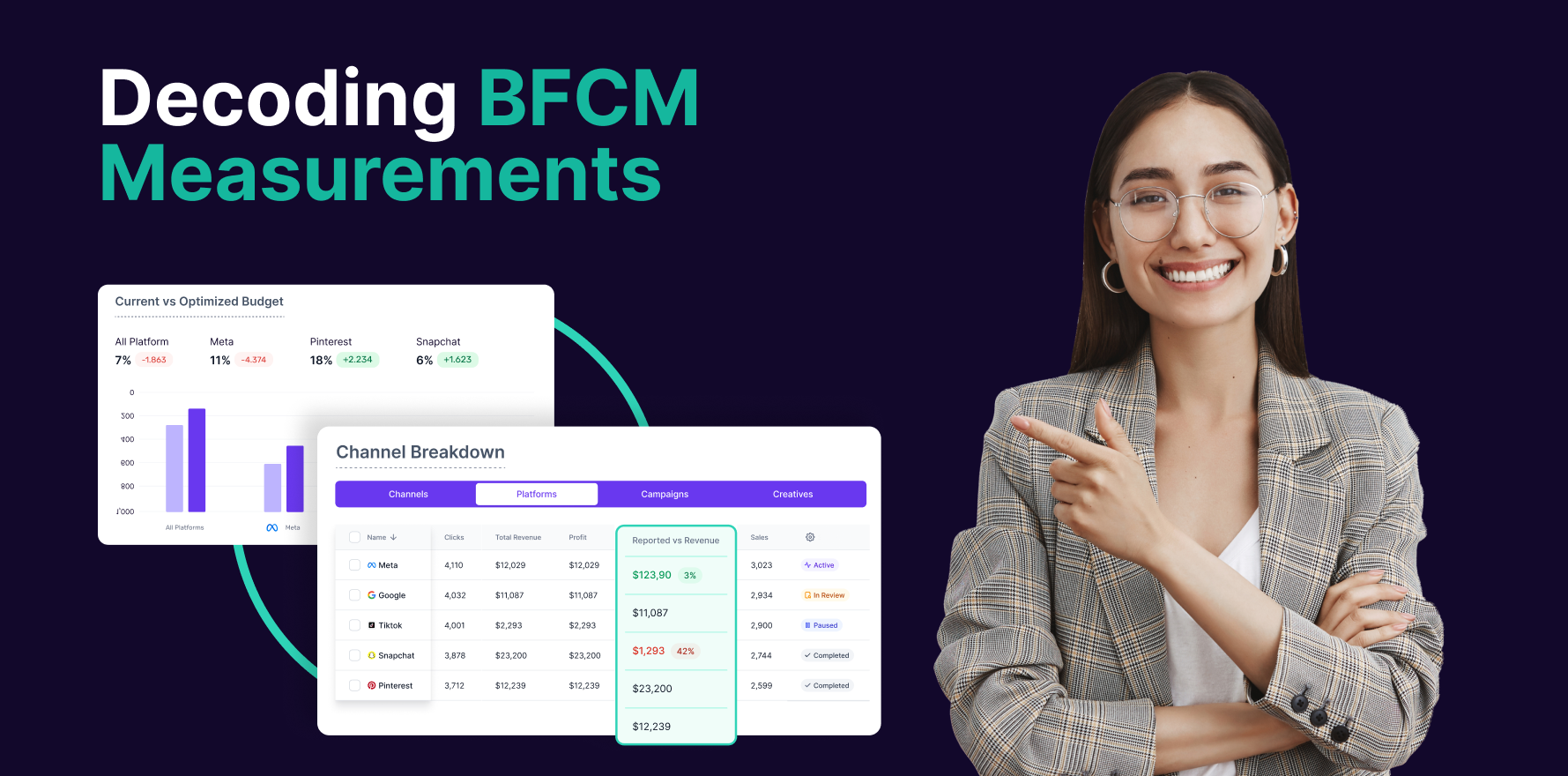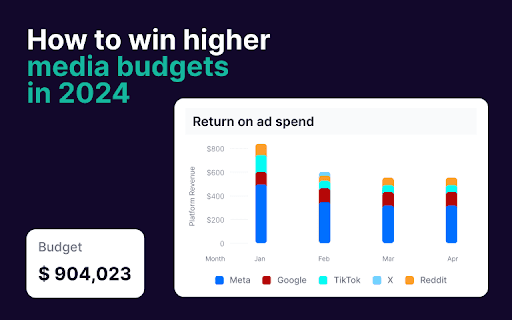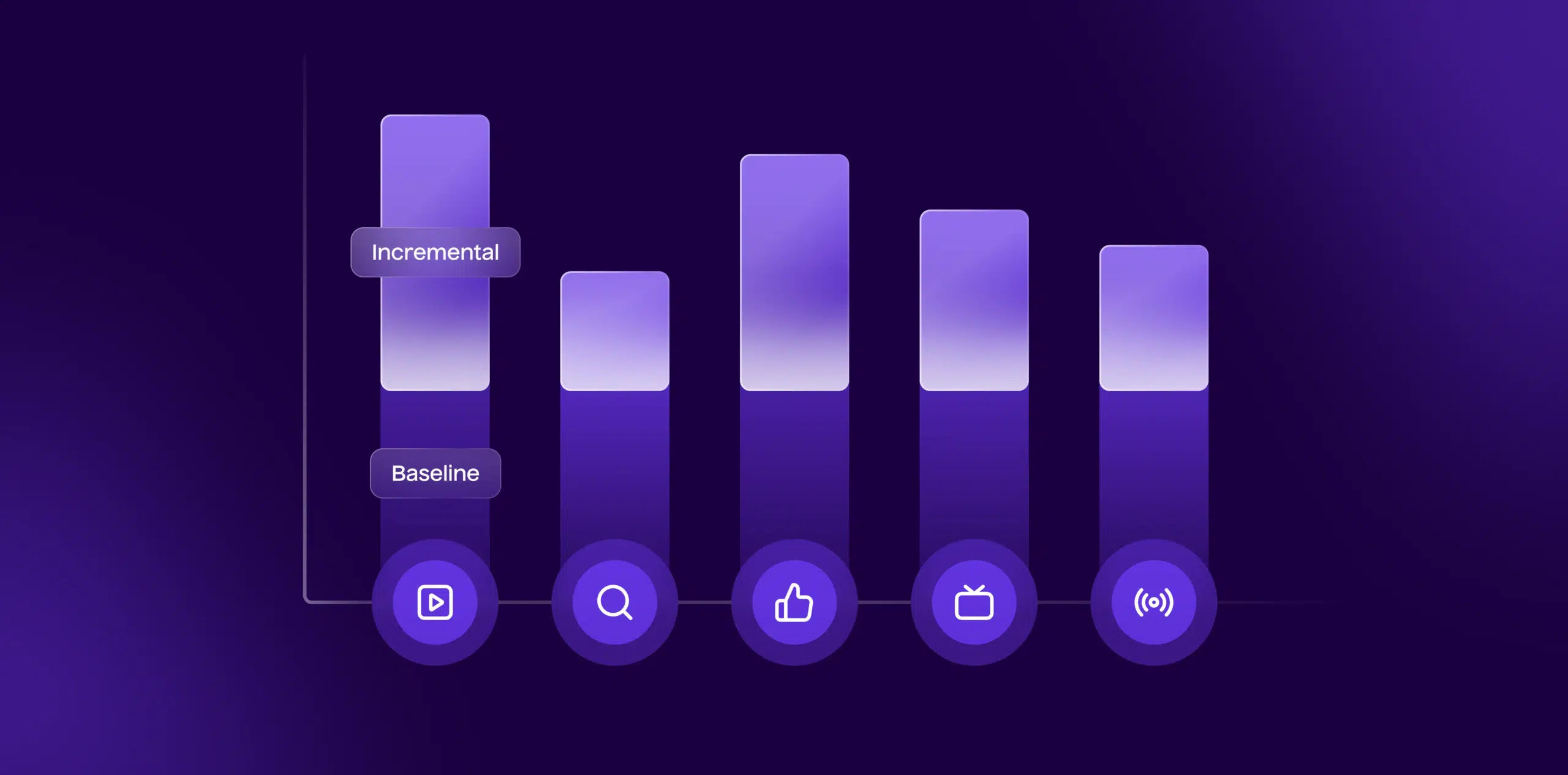
Introduction
Selecting the right keywords for your Google Ads campaigns is crucial to ensuring your advertising efforts reach the right audience and achieve optimal results. Keywords are the backbone of any Google Ads campaign, acting as the primary link between your ads and the potential customers searching for what you offer. This guide will provide a detailed approach to choosing effective keywords that can enhance your visibility, improve click-through rates, and increase conversions, ensuring your ads reach their full potential.
1. Understanding Keyword Relevance
Choosing the right keywords requires an understanding of how closely keywords need to relate to the content on your landing pages and the products or services you offer. Relevance is critical, as it determines how likely it is that your ad will meet the user’s needs, impacting both your click-through and conversion rates.
2. Prerequisites for Keyword Selection
- Detailed Product/Service Knowledge: Have a thorough understanding of the features, benefits, and unique selling propositions of your products or services.
- Target Audience Insight: Know the demographics, interests, and search behavior patterns of your target audience.
- Competitor Analysis: Understand which keywords your competitors are targeting and how they structure their ad campaigns.
3. Step-by-Step Guide to Choosing Keywords
Step 1: Define Your Objectives
Set clear campaign objectives. Are you aiming to drive sales, increase leads, or boost brand awareness? Your goals will dictate the type of keywords you select—transactional for sales, informational for awareness.
Step 2: Understand Your Audience
Research your audience’s search habits. What terms do they use when looking for your products or services? Consider their language, problem points, and the type of queries they might input into search engines.
Step 3: Use Keyword Research Tools
Utilize tools like Google Keyword Planner, SEMrush, or Ahrefs to generate keyword ideas. These tools provide insights into search volumes, competition levels, and cost-per-click (CPC) estimates, which are crucial for planning.
Step 4: Analyze Keyword Metrics
Evaluate the potential of each keyword by analyzing metrics such as search volume, competition, CPC, and past performance data (if available). Higher search volumes mean more potential traffic, but often more competition and higher costs.
Step 5: Consider Keyword Match Types
Decide on the match types for your keywords. Google Ads allows you to choose from broad match, phrase match, and exact match, each offering varying degrees of control over who sees your ad based on how closely the user’s search query matches your keyword.
Step 6: Organize Keywords into Ad Groups
Group your keywords into relevant ad groups based on similarity in theme or user intent. This organization helps improve the relevance of your ads to your keywords, enhancing quality scores and ad performance.
Step 7: Test and Refine Your Keywords
Start your campaign with your chosen keywords, then monitor performance closely. Use A/B testing to compare different keywords and refine your selection based on which ones deliver the best results in terms of clicks and conversions.
4. Advanced Strategies for Keyword Optimization
- Use Long-Tail Keywords: These are more specific phrases that are less common but often yield higher conversion rates due to their specificity.
- Implement Negative Keywords: Regularly update your negative keyword list to avoid wasting budget on irrelevant searches.
5. Best Practices for Keyword Management
- Regular Reviews: Continuously review and adjust your keywords based on performance analytics.
- Stay Updated: Keep abreast of changes in search trends by revisiting your keyword strategies regularly.
- Balance Volume and Competition: Aim for a mix of high-volume keywords and niche terms that collectively drive traffic and conversions effectively.
Summary
Choosing the right keywords for your Google Ads campaign is a dynamic and ongoing process that requires a deep understanding of your market, audience, and objectives. By following the steps outlined in this guide, you can develop a robust keyword strategy that enhances your campaign’s performance and drives your business goals forward.
Free essential resources for success
Discover more from Lifesight















